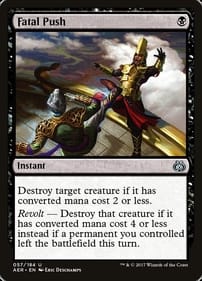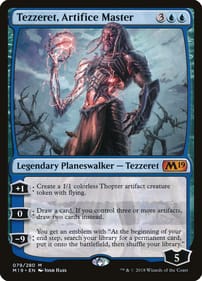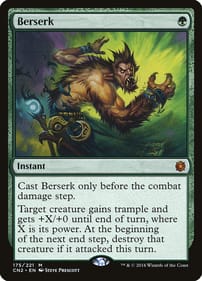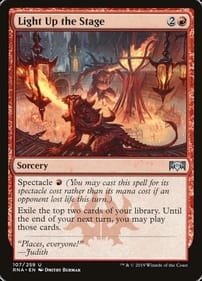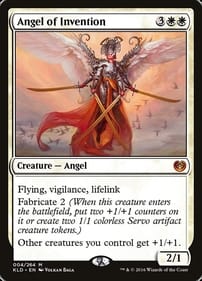Magic the Gathering is a popular trading card game that has been around for just over 30 years. With a dedicated fanbase and a constantly evolving game, it's no surprise that players have questions about the game. In this blog post, we will cover some of the most frequently asked questions about Magic the Gathering. These are based upon real questions we often receive as a specialized Magic the Gathering store.
-
What is the objective of the game? The objective of Magic the Gathering is to reduce your opponent's life total to zero using creatures, spells, and other abilities.
-
How many cards are in a Magic the Gathering deck? A standard Magic the Gathering deck must have a minimum of 60 cards, with no maximum limit. However, most competitive decks contain around 60-75 cards.
-
What are the different formats in Magic the Gathering? There are several formats in Magic the Gathering, including Standard, Modern, Legacy, Vintage, and Commander. Each format has its own set of rules and banned cards.
-
How often are new sets released? Regular new sets are released at least four times per year. However there is a lot supplemental products being released every now and then.
-
What are some popular strategies in Magic the Gathering? Popular strategies in Magic the Gathering include control, combo, aggro, and midrange. Each strategy has its own strengths and weaknesses, and players often use a combination of strategies in their decks.
-
Can you play Magic the Gathering online? Yes, Magic the Gathering can be played online through the official Magic the Gathering Arena platform and Magic the Gathering Online.
-
What are the most powerful cards in the game? The most powerful cards in Magic the Gathering can change depending on the format and the current meta-game. However, many players consider cards such as the Black Lotus, Ancestral Recall, and Moxes to be among the most powerful cards in the game.
-
How can I get better at Magic the Gathering? There are several ways to improve your skills in Magic the Gathering, including practicing, studying decklists, and watching professional players stream their matches online.



